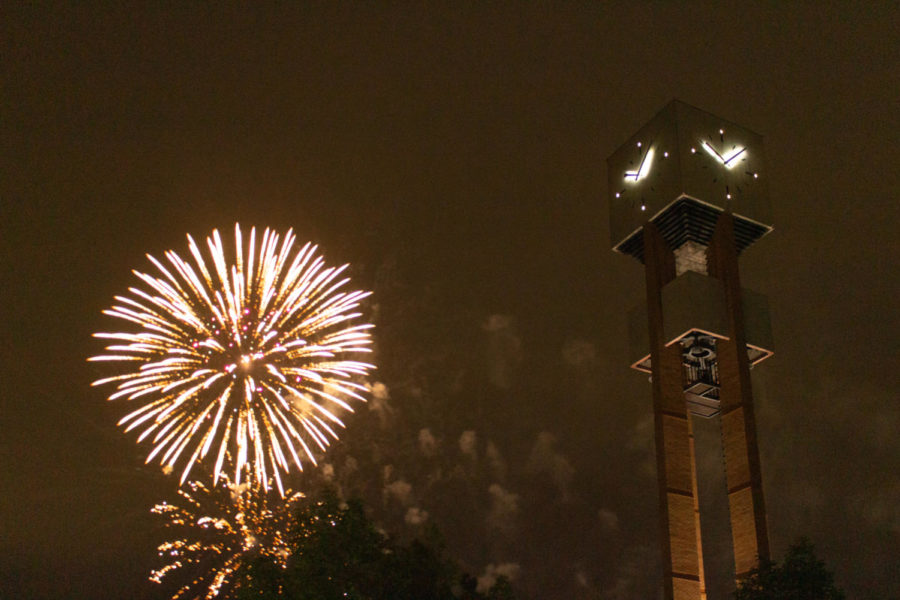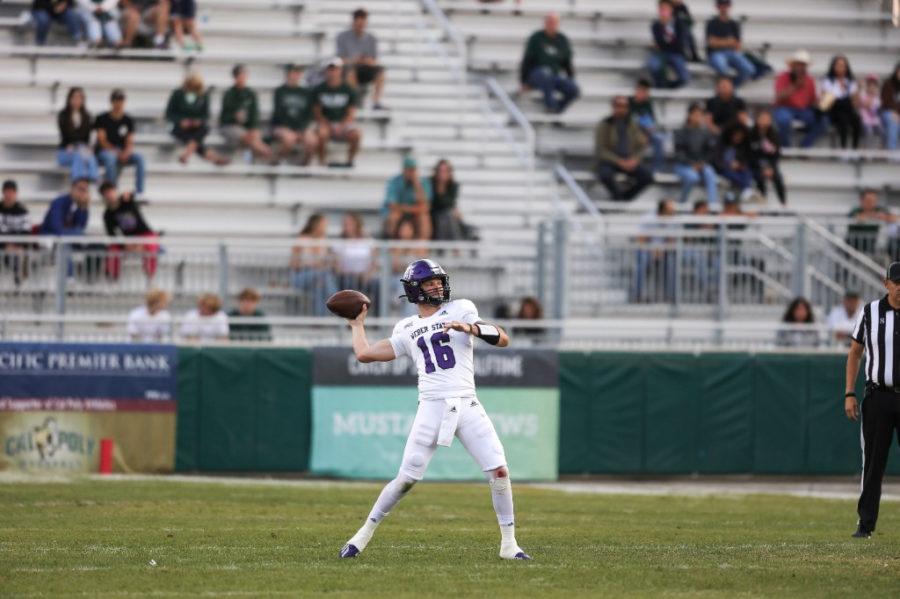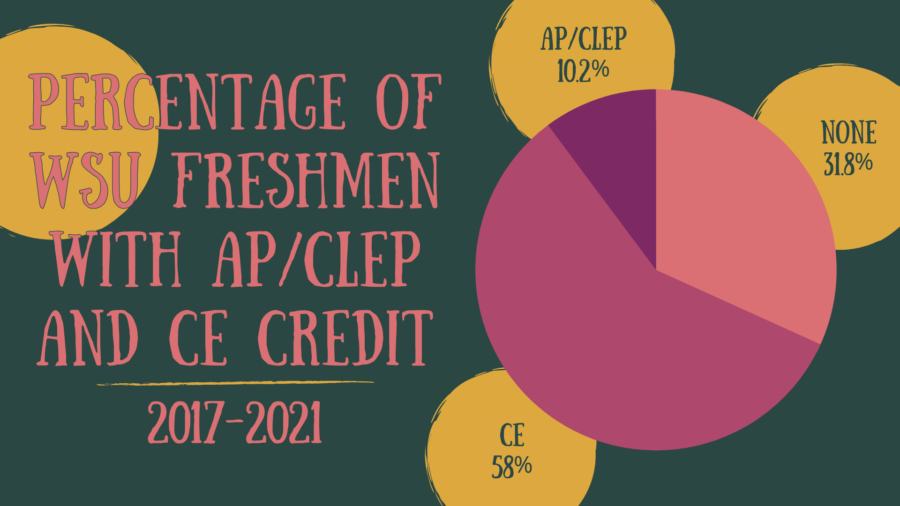
1. A Nielsen data report referred to former FBI Director James Comey’s testimony hearing as what?
a) King of the Capitol Hill
b) D.C.’s Tour de France
c) Washington’s Super Bowl
2. Which American territory held a vote on June 11 to determine if they would seek statehood?
a) American Samoa
b) Puerto Rico
c) Guam
3. The United Parcel Service faces a lawsuit after an operations manager prevented Muslim employees in a Mendota Heights, Minnesota facility from doing what?
a) Reading the Quran
b) Fulfilling their daily prayers
c) Wearing a turban
4. Including a former missionary for The Church of Jesus Christ of Latter-day Saints, how many Americans are currently detained in Venezuela?
a) 5
b) 8
c) 11
5. A Utah lobby is warning tourists in neighboring states about legislative decisions concerning:
a) Legal blood alcohol level
b) Bears Ears National Monument
c) Inversion
6. President Donald Trump’s infrastructure plan includes:
a) Cutting the federal funds for infrastructure
b) Incentivizing local governments and investors to pay for infrastructure themselves
c) Both a and b
1. c) Comey’s testimony hearing on June 8 ― which Nielsen data called “Washington’s Super Bowl” ― drew the attention of 19.5 million television viewers, according to the Los Angeles Times. Because this figure only measures home cable television viewers, the people who watched from bars, restaurants and through online streaming services were not accounted for.
Those watching heard Comey recount to the Senate Intelligence committee how President Donald Trump tried impeding a probe into fired national security adviser Michael Flynn and his contacts with a Russian ambassador. Along with Comey’s accusation that the president denigrated of the FBI, his full testimony could raise an investigation into Trump’s possible obstruction of justice.
2. b) Puerto Ricans voted on June 11 whether the territory would seek statehood, independence or a form of commonwealth in their fifth poll, according to the McClatchy Washington Bureau. If they choose statehood, both the House and Senate must approve it, and the president must sign off on the vote.
Some are hopeful the territory will choose statehood, while opposition groups made plans to boycott the vote, claiming that this verdict wouldn’t truly represent the population’s wishes. If a majority votes for independence or free association, they will vote again in October to choose between the two.
3. b) UPS and a staffing agency in Edina, Minnesota are “being sued for allegedly barring Muslim workers from fulfilling their prayer requirements” and then firing them from the warehouse in Mendota Heights, according to the Star Tribune. The Council of American-Islamic Relations Minnesota chapter is supporting two former line workers in a lawsuit filed two weeks ago.
The workers, who were discharged in June 2014, said they could pray their requirement of five times a day until a new operations manager refused to let workers worship outside of scheduled breaks. The supervisor also “warned them against using trips to the bathroom” to perform religious activities.
4. c) Joshua Holt, a 25-year-old Utahan and former Mormon missionary, is one of the 11 Americans held in Venezuelan prisons. According to the Miami Herald, Holt’s case has reached the highest levels of the United States government, with the U.S. Department of State and National Security Council working towards his release.
Holt was arrested last year for allegedly hiding a hand grenade and two automatic rifles in the home he shared with his bride, but an eyewitness said the police had planted them there. The political system in Venezuela doesn’t look healthy either: The courtroom for his case hasn’t had a judge since December, anti-government protests have become more violent and the U.S. hasn’t exchanged ambassadors with the country since 2010.
5. a) The American Beverage Institute, following Utah’s newest drunken driving standard, is running ads in an attempt to deter tourists from neighboring states, according to the Los Angeles Times. Gov. Gary Herbert recently signed into law a lowering of the legal blood alcohol level from 0.08 percent to 0.05, but it won’t take effect until December.
For a state that receives $8.1 billion from tourism each year, Utah is making a balance between earing tourist dollars and making the highways safer. Paul Edwards, the governor’s spokesman, said a graduated penalty system is on the table where instead of charging a DUI for the new minimum level, a driver testing between 0.05 and 0.07 percent will receive and infraction.
6. c) Under President Donald Trump’s proposed transportation and infrastructure plans, “new federal spending would be used primarily as an incentive for states, cities and private investors to come up with most of the money,” according to Bloomberg News. The president also proposed a $920 million cut from federal grants for transit projects and an additional $499 million from other programs at the regional and national level.
Local and state leaders are feeling pressured over the need to allocate funds as required by the new plan— pressure which will be exacerbated if the proposed cuts to Medicaid and other federal programs follow through. “If the idea is that we’re going to somehow pass initiatives with funding to keep up … all of the infrastructure that’s out there, that seems like a tough sell to me,” said Oklahoma City Mayor Mick Cornett.



















